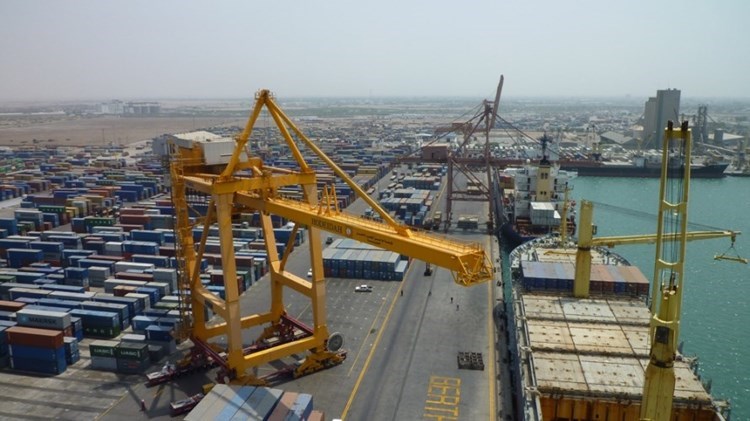Sanaa: Over $64 billion in Yemeni trade losses during war years
The Yemeni Ministry of Trade and Industry reveals that the total damages and losses incurred by Yemeni foreign trade exceeded the threshold of $64 billion between 2015 and 2021.
-

Billions worth of losses as the US-backed Saudi-led coalition of aggression continues its air and maritime blockade against Yemen
A recent report issued by the foreign trade sector at the Ministry of Industry and Trade in the Yemeni capital, Sanaa, revealed that the total damages and losses suffered by Yemeni foreign trade amounted to $64.7 billion during the period from 2015 to the end of 2021.
According to the study, the losses included losses in oil and gas revenues, as well as losses in oil export revenues and losses in service export revenues.
The report added that Yemen's imports of goods during the year 2021 amounted to $10.813 billion, distributed across various food and consumer commodities, as well as medicines, medicinal supplies, oil derivatives, and other materials.
According to the data, food products topped the list of imports with a value of $3.592 billion, followed by consumer products at a value of $1.944 billion.
With a total value of $1.410 billion, imports of oil derivatives were ranked third, while the remainder of imports were spread among medications, medical supplies, fertilizers, building materials, and others.
According to the research, Yemen imports up to 85% of its fundamental needs for food, consumables, and pharmaceuticals from outside, with an annual value surpassing $5 billion.
The data revealed that the value of Yemeni commodity exports declined between 2015 and 2021 when compared to the value of commodity exports in 2014.
Food and oil derivative imports make up over 60% of total Yemeni merchandise imports each year, while other products make up the remaining 40%.
Most significant challenges are due to blockade
The report examined the overall challenges and losses suffered by importers since the beginning of the US-backed Saudi-led aggression on Yemen in March 2015.
Many Yemeni importers faced large losses as a consequence of their inability to transport and import items purchased from foreign companies, some of which were already prepared and ready for transportation in the respective countries' export ports.
On the other hand, some products reportedly approached Yemeni ports but were not permitted to enter and thus, remained there for an extended period of time, subjecting Yemeni merchants to significant losses in the form of expenses and delay fees, as well as risking damage to some products given their sensitivity.
According to the report, the most significant challenges and hurdles to Yemeni international commerce include the persistent maritime and air embargo commissioned by the aggression coalition against Yemen.
These obstacles have resulted in international shipping companies' reluctance to export goods to Yemeni ports, high transportation and insurance costs for the goods, and a near-complete cessation of Yemen's foreign exchange revenues, as well as a decline in remittances from expatriates and financial transfers from abroad.
Read more: If US insists on aggression, Yemen will respond accordingly: Exclusive

 3 Min Read
3 Min Read










